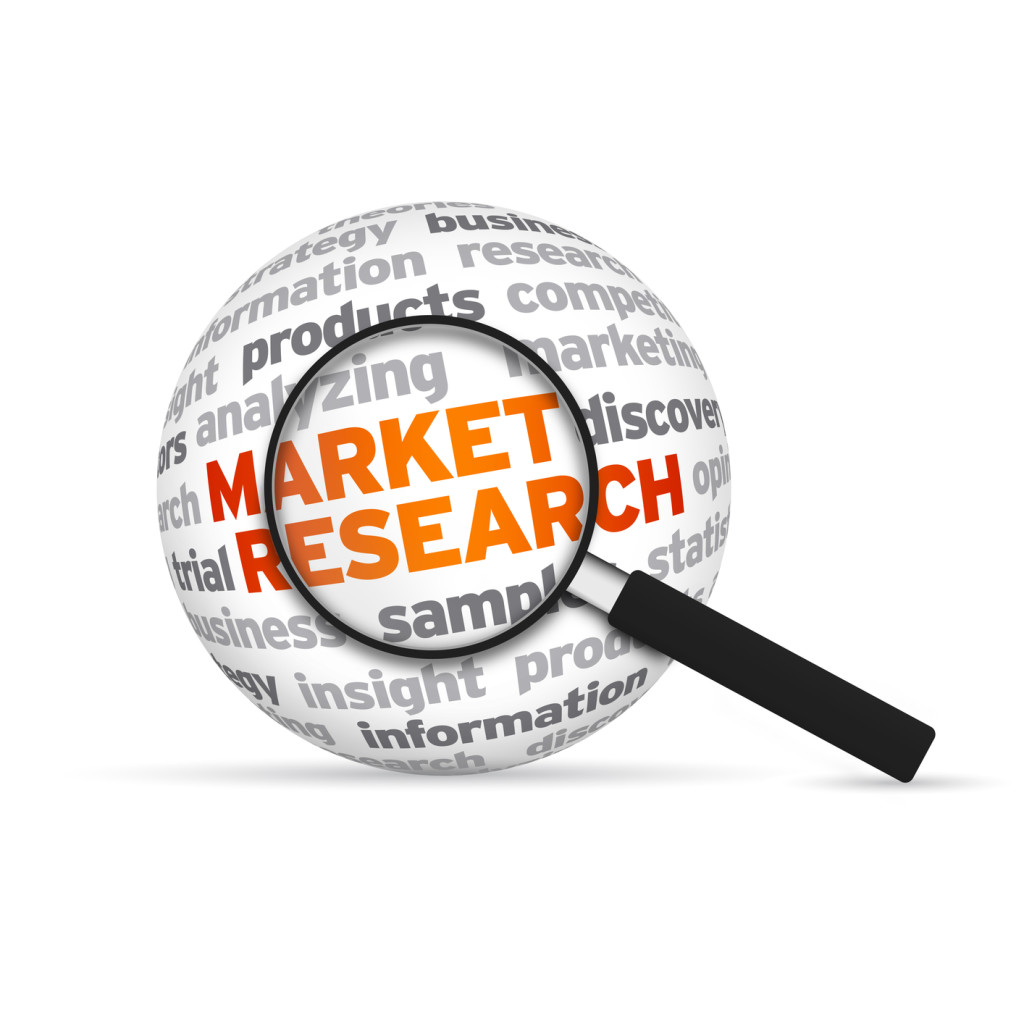Since their discovery in 2006, induced pluripotent stem cells (iPSCs) have been commercialized in a number of different ways. iPSCs have been used as tools for drug development and discovery, for toxicology applications, in stem cell biobanking, in personalized medicine, and as research products. While each of these commercial applications is important, this post specifically considers the use of iPSCs as research products – meaning, tools that scientists use in their labs for research purposes and applications.
Specifically, this post explores the breakdown of induced pluripotent stem cells (iPSCs) research products, by category. This analysis is intended to direct the decision-making of research supply companies by indicating where there is high market demand at this time. (To learn about future directions for iPSCs, click here.)
Induced Pluripotent Stem Cell (iPSC) Research Product Categories
The following is a breakdown of research product categories in which iPSC products can be developed. It is valuable to consider these categories during new product development, because it can assist with diversifying and expanding a company’s existing stem cell product portfolio. Therefore, functionally-defined iPSC product categories are shown below, accompanied by a brief description of each.
Functionally-Defined Induced Pluripotent Stem Cell (iPSC) Product Categories
Category |
Brief Description |
| Reprogramming | iPSC reprogramming spans from traditional reprogramming methods (lentivirus) to non-integrating technologies (Sendai virus and episomal vectors), and more. |
| Cell Culture | iPSC research requires careful attention to culture conditions, including optimal solutions for iPSC environments. Optimized iPSC-specific cell culture products (serum, media, passaging reagents, substrates, etc.) deliver confidence and predictable outcomes to iPSC researchers. |
| Engineering | Engineering iPSCs involves analyzing gene and protein expression, as well as studying differentiation and disease pathways. Options include lipid/electroporation-based transfection products and a wide range of cloning technologies. |
| Differentiation | Targeted differentiation of iPSCs requires high-quality growth factors and cytokines, tested for high biological activity, high purity, freeze-thaw stability, and structural homogeneity. iPSC optimized tools for differentiation (including cell culture media and reagents, as well as custom media services), allow for the optimal growth, expansion, and storage of differentiated iPSCs. |
| Cell Analysis | Validating iPSCs to ensure they are pluripotent or have differentiated into the desired cell lineage is a critical step in this stage of research. Tools in this product category assist with quickly confirming that cells are pluripotent/differentiated and provide for flexibility in antibody and dye choice. |
Induced Pluripotent Stem Cell (iSPC) Market Share, by Product Category
When respondents to BioInformant’s “2014 Survey of Induced Pluripotent Stem Cell Researchers” were asked to report the primary product category from which they purchase iPSC products, the following results were reported (131 U.S. Respondents / 143 International Respondents).
iPSC Market Share Breakdown, by Product Category
Functional iPSC Product Category |
% of Respondents |
| Reprogramming | 34.1% |
| Cell Culture | 23.1% |
| Differentiation | 13.1% |
| Cell Analysis | 9.2% |
| Engineering | 7.8% |
| Other/Undefined | 12.7% |
| TOTAL | 100% |
To view full findings from BioInformant’s end-user survey of iPSC researchers, view the “Complete 2015-16 Induced Pluripotent Stem Cell (iPSC) Industry Report.”
About Us
BioInformant is the only research firm that has served the stem cell sector since it emerged. Our management team comes from a BioInformatics background – the science of collecting and analyzing complex genetic codes – and applies these techniques to the field of market research. BioInformant has been featured on news outlets including the Wall Street Journal, Nature Biotechnology, CBS News, Medical Ethics, and the Center for BioNetworking.
Serving Fortune 500 leaders that include GE Healthcare, Pfizer, Goldman Sachs, Beckton Dickinson, and Thermo Fisher Scientific, BioInformant is your global leader in stem cell industry data.
